The innovations that create change don’t provide incremental improvement, they are truly novel.

Zero to one by Peter Thiel is a classic entrepreneurial book offering some insights into initiation of companies that change the landscape of what we do. The core theory is that 99.9% of organisations (even profitable ones) aim to be 10% bigger/faster/better, but the most substantial advances come from those that go from nothing in that space (i.e. zero) to being well-established with widespread adoption (i.e. one). Thiel argues that this is usually driven by novel technology, rather than an incremental advance with existing methods.
Key points:
- If you are thinking that your company is going to be the next <<insert name of 1 trillion dollar company>> then you’re misled. The next game-changer isn’t trying to be the ‘next’ anything.
- Competition is a disaster for profit. In order to be profitable, you have to establish a monopoly, as otherwise companies progressively lower prices for similar products and squeeze their margins
- So the solution is to have a product or service that is so unique you have an effective monopoly
- For this reason, it is much much better to be a big player in a small market. Whereas, if you take a small share in a very big market, no-one makes any profit.
- Key questions:
- What is an important trust that very few people agree on?
- Are you working on ‘breakthrough’ technology or just an incremental advancement?
- Is this the right time for your product?
- Can you have a large share of a small market?
- Do you have an effective distribution system? (This is a very common point of failure.)
- Will it be durable or defensible in 10-20 years?
- Have you found a secret or unique opportunity that others don’t know about?
I am very on board with the general sentiment of ‘thinking big’ and aiming high. Whilst >98% of start-ups that try to follow Thiel’s advice will not survive a decade, and even fewer will become household names, it is an inspiring book.
I try to extrapolate these ideas to scientific research. I haven’t yet discovered an idea that would fit his criteria but it is useful to consider whether potential discoveries are going to incremental or have the potential to make major changes. Unfortunately, in the world of research, extraordinary claims (of Zero to one type) need extraordinary data and may be more likely to be disproved later on. Other analyses have shown that major scientific breakthroughs come from the ‘next adjacent field’ so, whilst they are huge steps forward, they don’t come out of the blue. However I’m sure that, in retrospect, people would argue that the success of Facebook and Amazon were not complete surprises.
It is also interesting to reflect that though Thiel argues strongly about aiming to have a monopoly (or a large share) in a small market, most companies that fulfil that criteria today were not the first movers in their field. This is also argued in Adam Grant’s Originals and is from the same hymn sheet as Godin’s Purple Cow where having a totally remarkable product is what will set you apart.
More books like this:
- Purple cow by Seth Godin
- Originals by Adam Grant
Here are one, two, and three other summaries/reflections on this book.
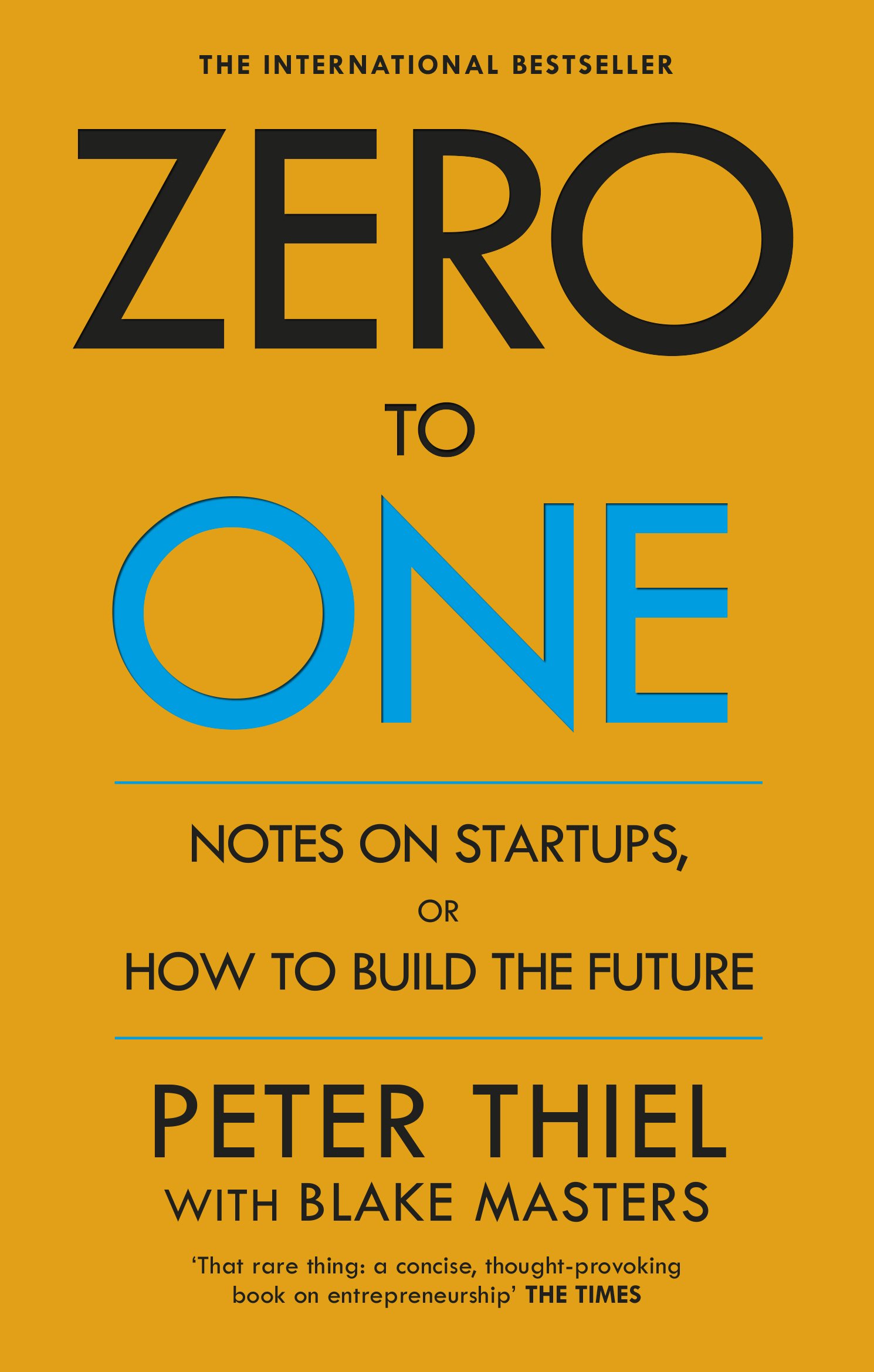
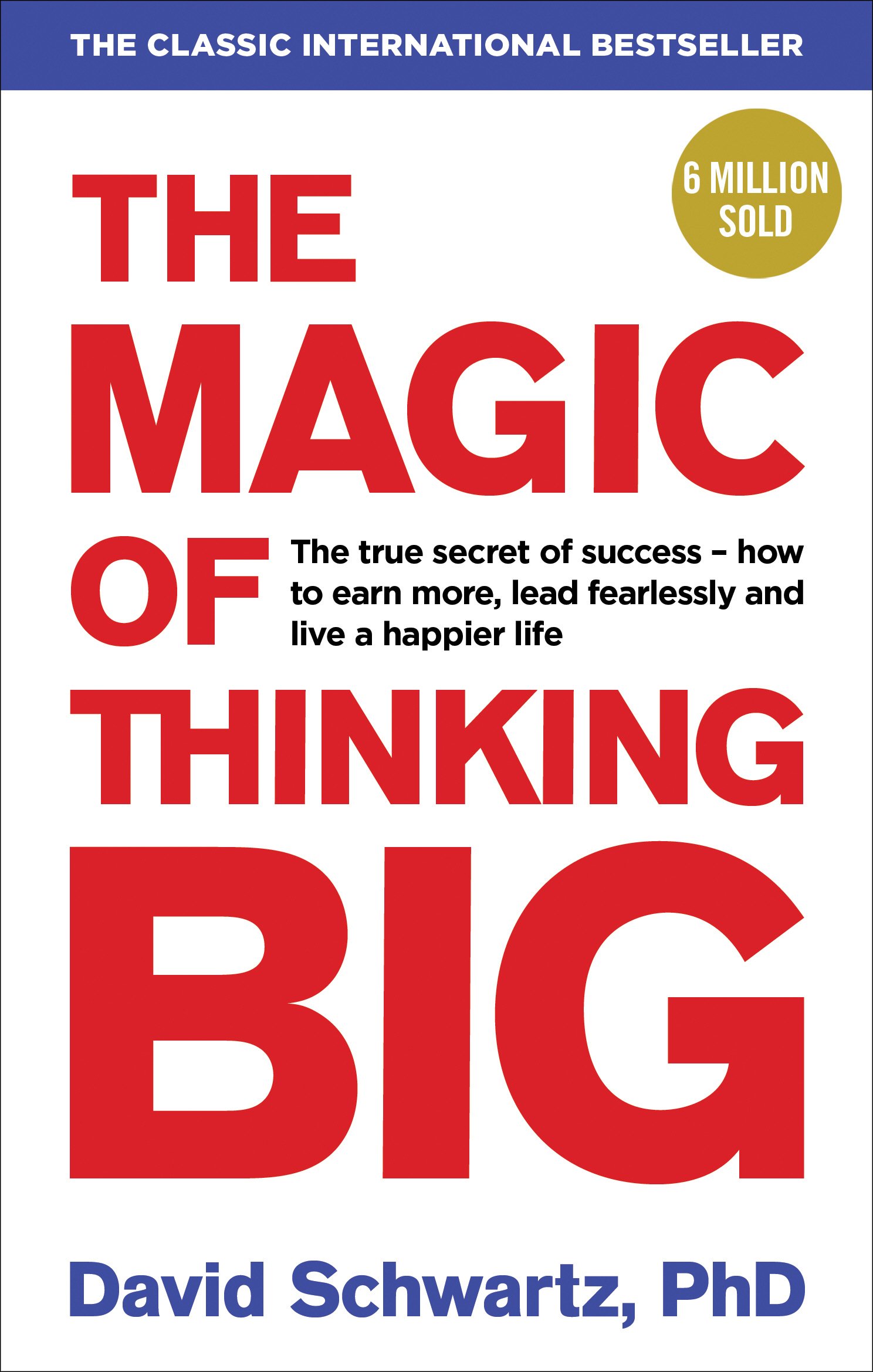
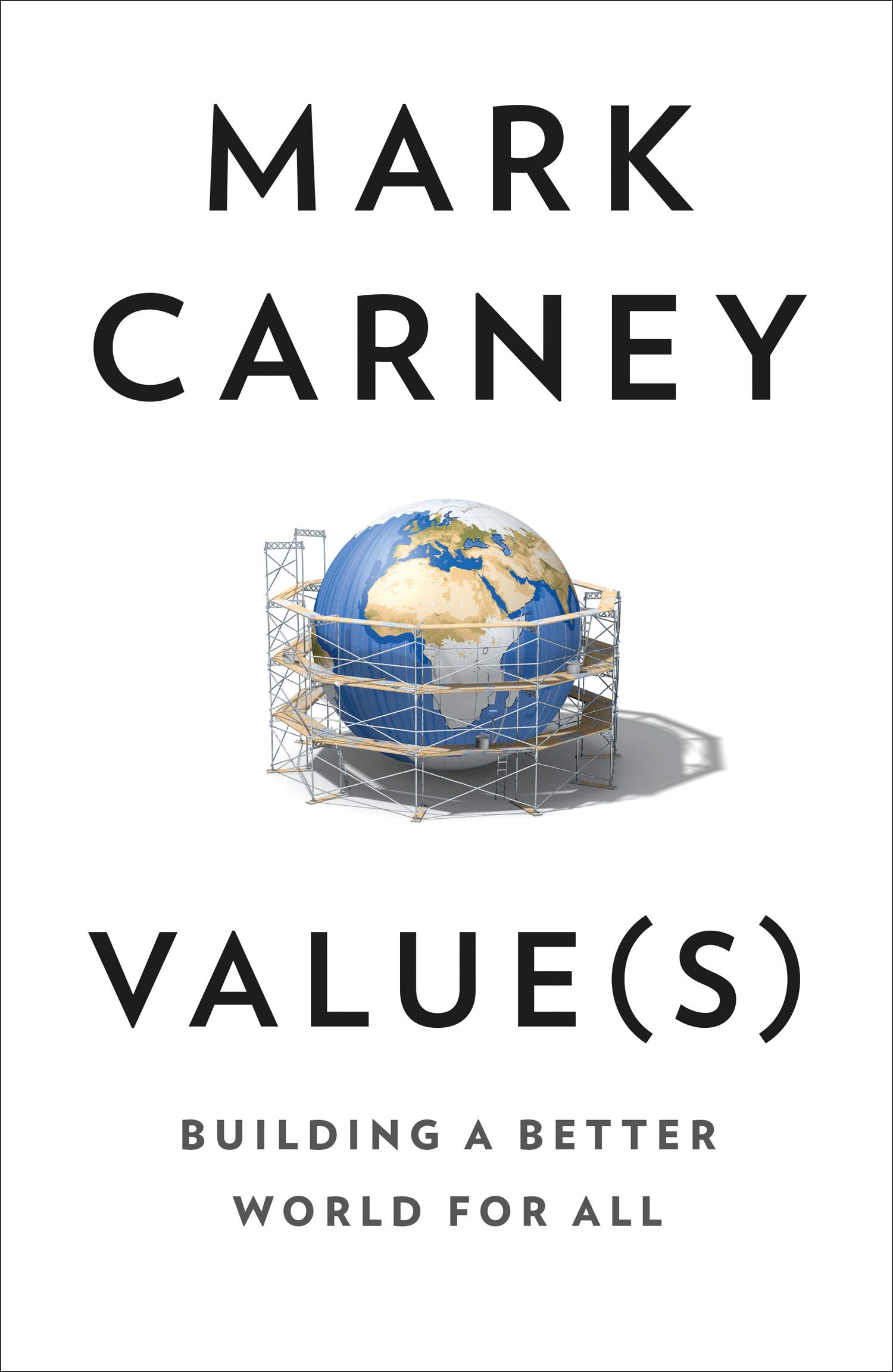
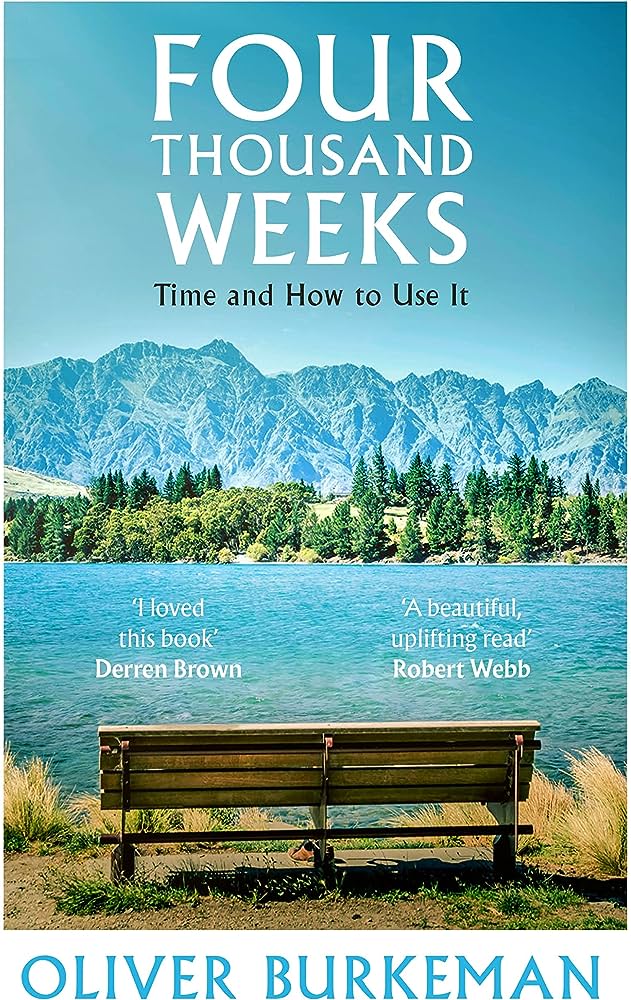
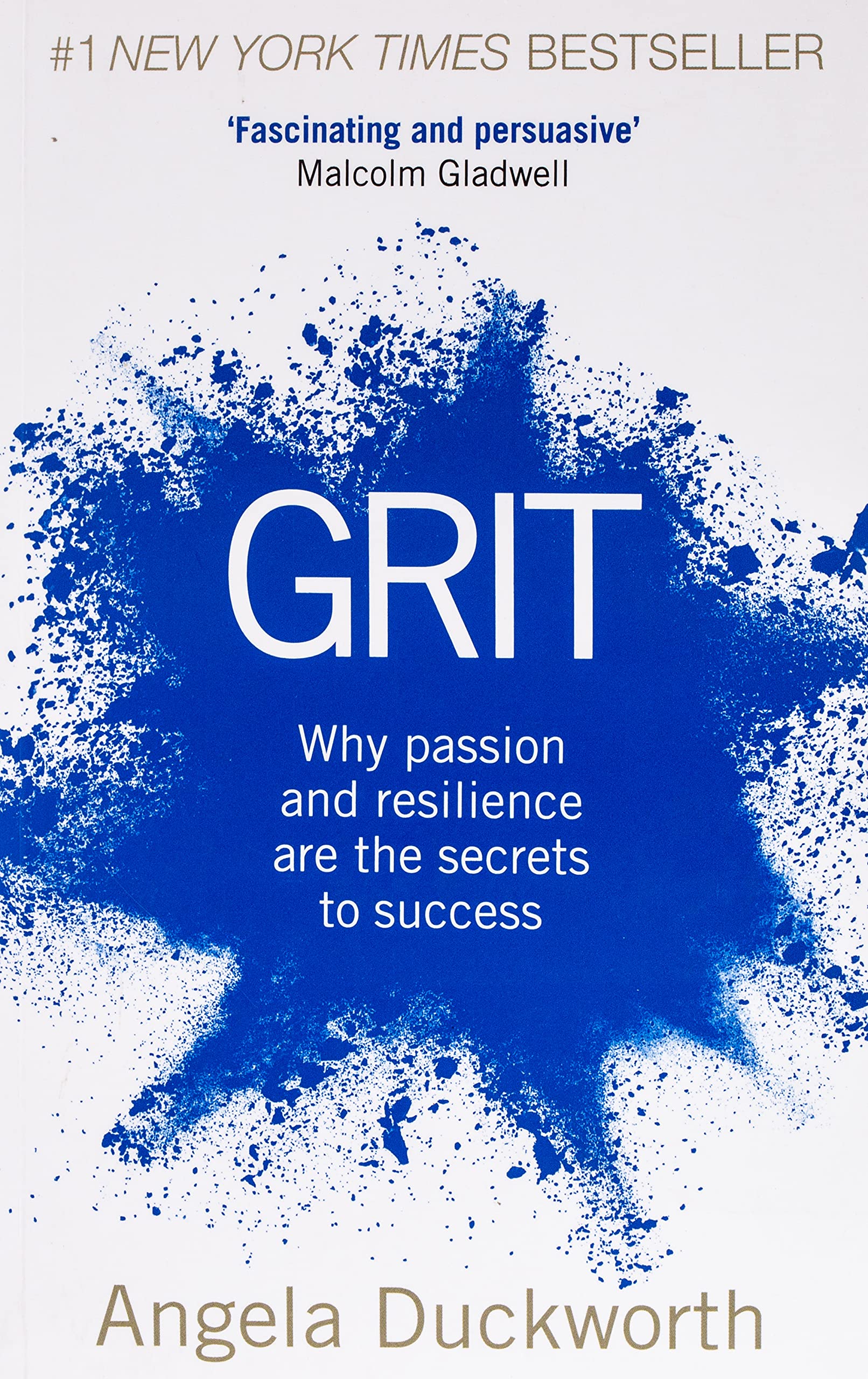
One thought on “Zero to one by Peter Thiel”
Comments are closed.